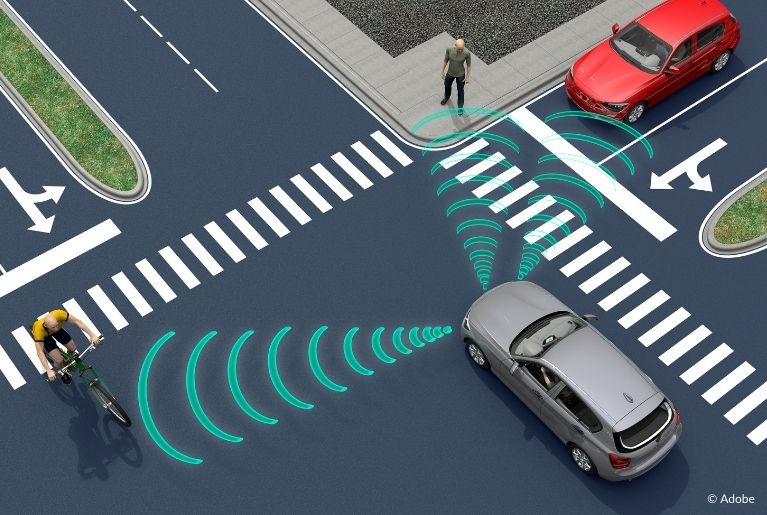Update: The Honda Accord and CR-V Investigation has been upgraded.
More than 1.7 million Honda Accord and Honda CR-V vehicles are included in a new federal investigation into Honda’s automatic emergency braking problems, which was prompted by 278 complaints on Honda’s automatic emergency braking system.
 Specifically, the 107 Honda Accord complaints and 171 Honda CR-V complaints were filed about the faulty Honda Collision Mitigation Braking System installed in 2017–2019 Honda CR-V and 2018–2019 Honda Accord vehicles.
Specifically, the 107 Honda Accord complaints and 171 Honda CR-V complaints were filed about the faulty Honda Collision Mitigation Braking System installed in 2017–2019 Honda CR-V and 2018–2019 Honda Accord vehicles.
The National Highway Traffic Safety Administration is investigating the activation of the Collision Mitigation Braking System, even when there are no obstacles in front of the Honda vehicles. According to NHTSA, the CMBS problem has allegedly caused six collisions and minor injuries. The random activation of Honda’s CMBS has prompted a class action lawsuit into some Honda Accord and Honda CR-V vehicles.
Honda’s CMBS is an automatic emergency braking system that uses a windshield-mounted camera and a radar transceiver to detect obstacles in front of the Honda vehicles.
However, the CMBS system sometimes detects objects that are not there and triggers the brakes at random.
According to Honda, the CMBS is supposed to work in three stages:
- Stage 1: The CMBS detects an obstacle ahead and assumes there is a risk of a crash. It will give visual and audible alerts to the driver.
- Stage 2: If a risk of a crash is still present and the driver does not do anything to prevent it, the system will continue the alerts and brake lightly.
- Stage 3: If a crash is unavoidable, it will continue to alert the driver and apply heavy braking.
Several owners of 2017–2019 Honda CR-V and 2018–2019 Honda Accord vehicles have submitted complaints to NHTSA about the random braking caused by the faulty Honda CMBS. In multiple lawsuits, owners allege that the Honda Accord and Honda CR-V vehicles brake at random and become at risk of getting hit from behind.
Source: CarComplaints.com
Lemon Law Help by Knight Law Group is an automotive lemon law firm that exclusively practices in California, with offices in Los Angeles, San Francisco, Sacramento and Orange County. If you are a California resident who purchased or leased a defective vehicle from a licensed dealership in California, we may be able to help you get rid of your potential lemon and recover significant cash compensation. Model year restrictions apply: 2020–Present vehicle models only.
However, we cannot help those who reside outside of California or purchased their vehicle outside of California unless they are active duty members of the Armed Forces, nor will we be able to refer them to a lemon law firm in their states.
To learn more about the California Lemon Law and your legal rights, visit our guide on the California Lemon Law for more information.

